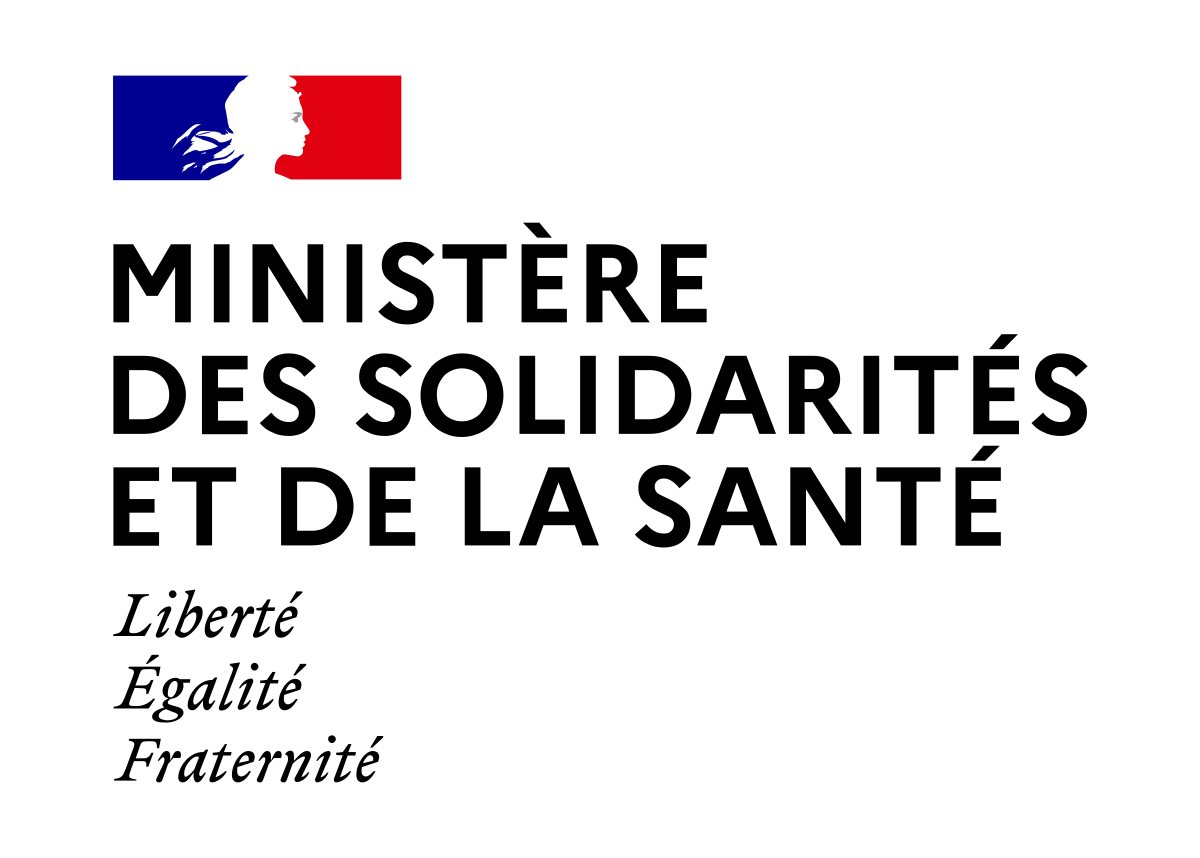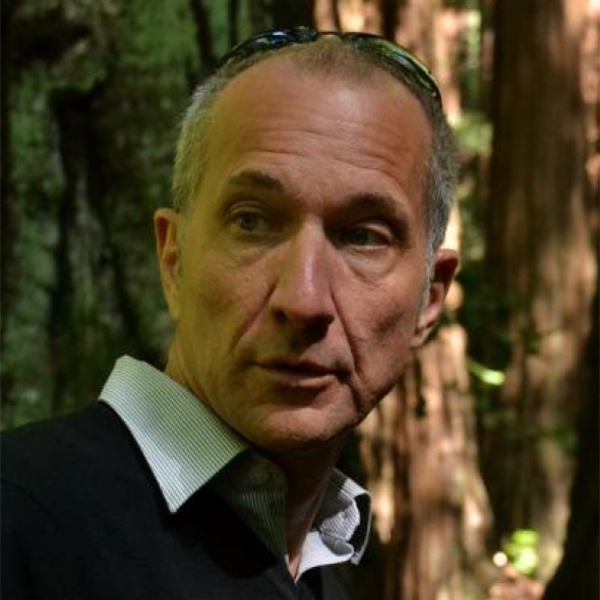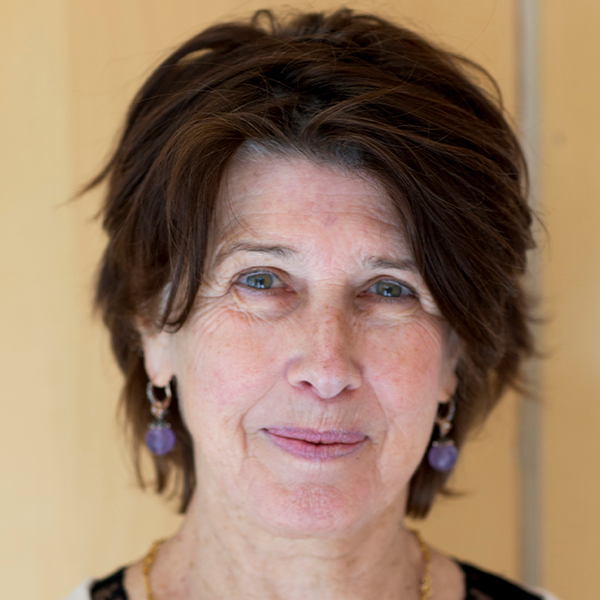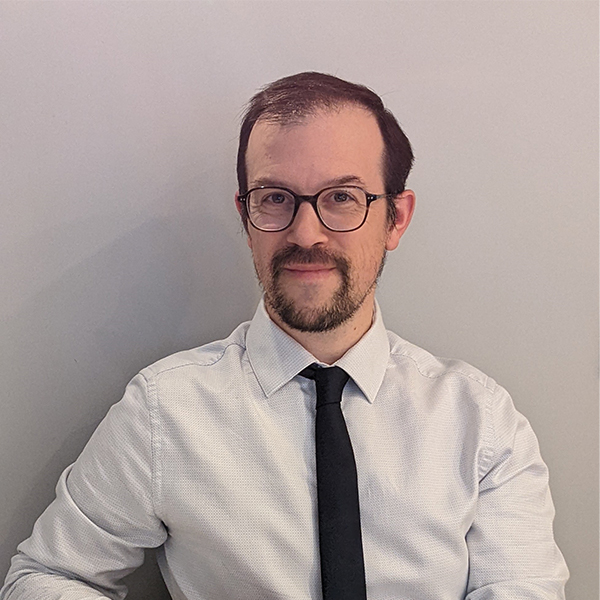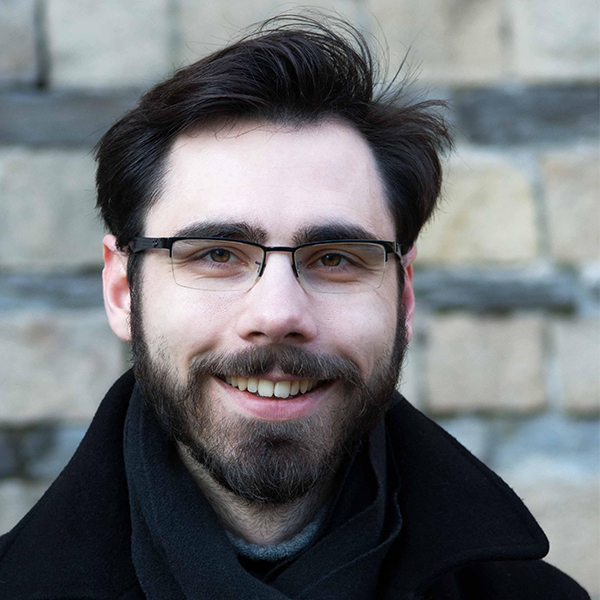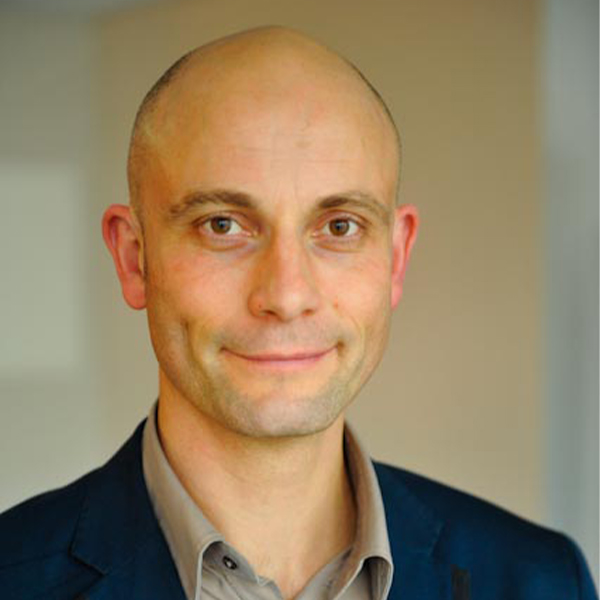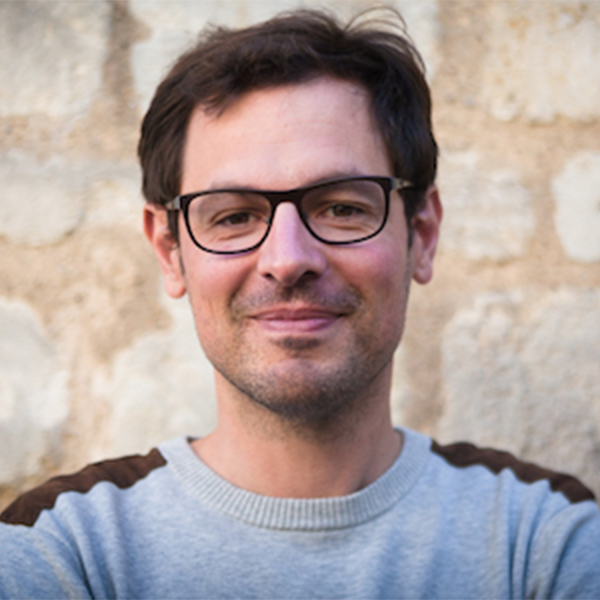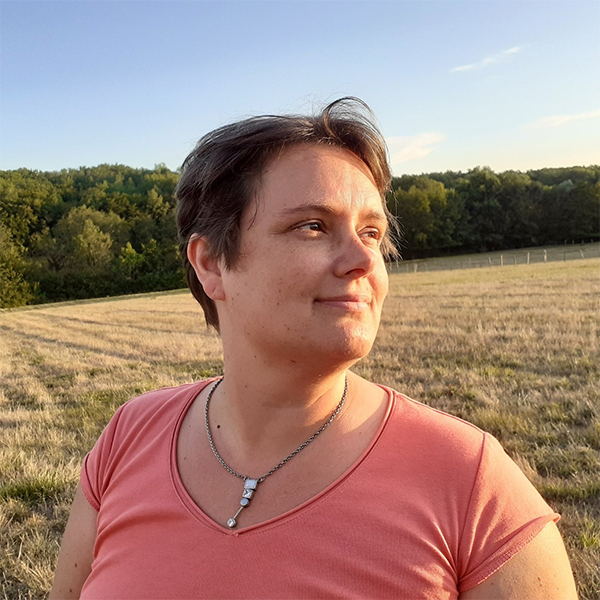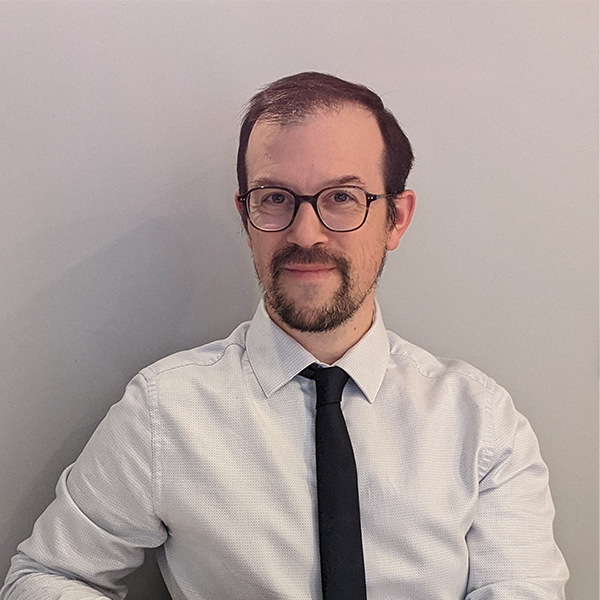RENCONTRES PREVENTION SANTE - 2022
Young people and screens: for better or for worse
The "3-6-9-12" rule proposed in the late 2000s by Serge Tisseron, psychiatrist, psychoanalyst and member of the French Academy of Technologies, suggested keeping children under 3 away from TV screens. Today, it provides answers to the many questions raised by worried parents, giving them simple guidelines for knowing when and how to introduce screens into their child's life.
Later,when children become teenagers, screens - be they smartphones, tablets, computers or games consoles - are the main point of entry for thousands of items of content made available to them, sometimes unfiltered. And, as the FrenchAcademy of Sciences points out in a report on families and screens due in April 2019, the problem is becoming as much one of content as of quantity. Teenagers use screens for three main purposes: entertainment, socializing and information or documentation, with 23% of 15-17 year-olds spending more than 7 hours a day*, and over-representation of teenagers from disadvantaged families.
This raises two questions: can appropriate use of screens be beneficial, and if so, in what contexts? Conversely, can heavy use of screens lead to behavioral addiction, with consequences for mental and physical health?
The Ramsay Sante Foundation wanted to understand how screens have become an integral part of teenagers' lives, why their use is so addictive, what psychological and physical consequences they can have on health, and how institutions, politicians, associations and start-ups have taken up the subject from a preventive angle.
Two round-table discussions moderated by editorialist Christophe Barbier.
Part 1: Current situation
The first round table recalled how the screen has invaded our lives and changed our behavior, evoking its intensive use that can lead to addiction, but also talking about its advantages, screen education and how politics is taking the subject into account.
Speakers
Interview with Yves Citton, Professor of Literature and Media, Université Paris 8
on the ecology of attention
Part 2: Remarkable actions
The second round table focused on remarkable prevention initiatives, tools and programs developed at local or national level.
Interview with Caroline Janvier, Member of Parliament for Loiret
who tabled a bill on the prevention of children's
children's excessive exposure to screens

Study report: young people and screens, for better or for worse
The Ramsay Sante Foundation launched a survey in January 2022 with the Jam media among 500 young people, to better understand the evolution of their use of screens, the consequences on their daily lives and their mental health.
Under the patronage of
